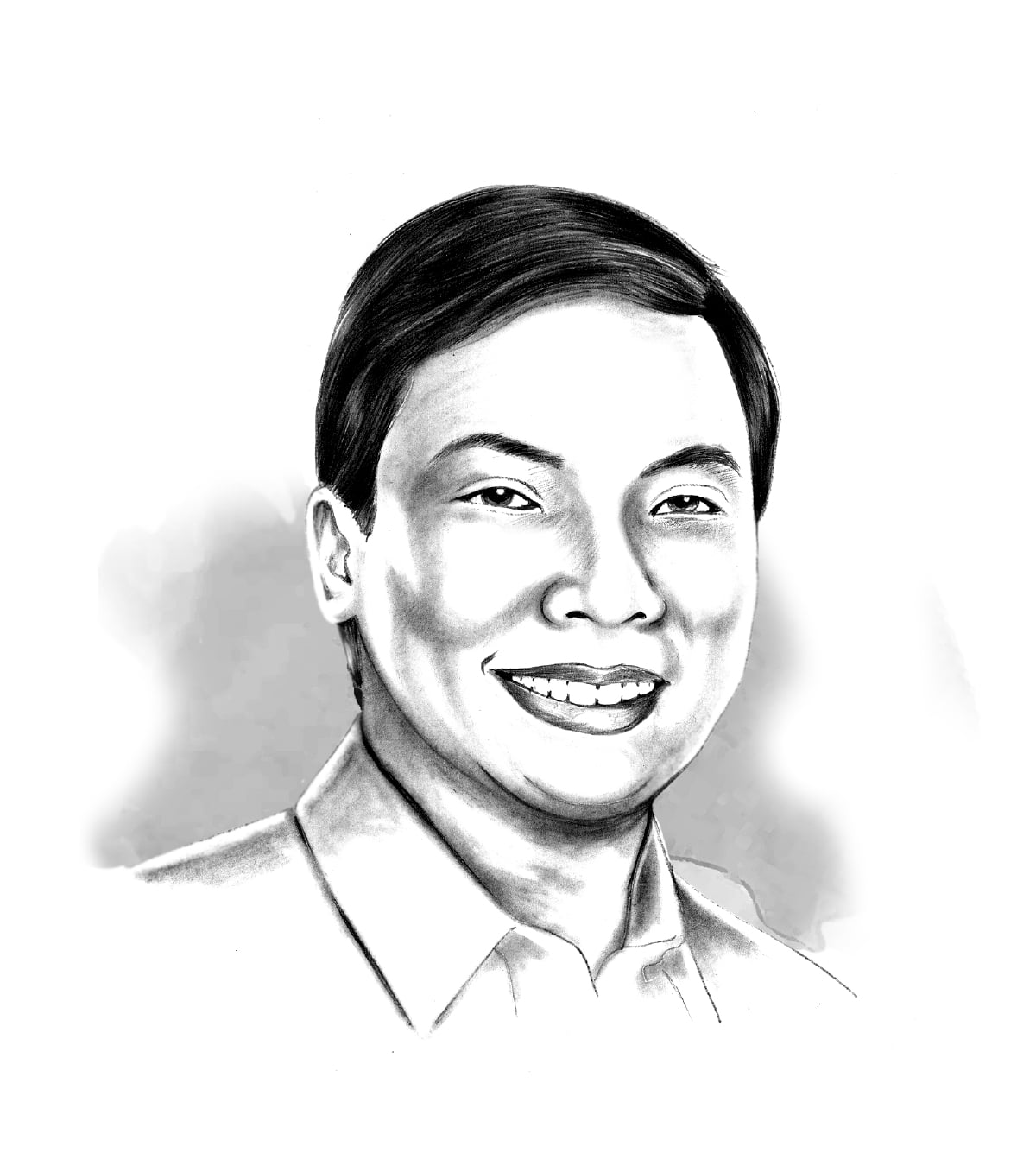THE VIEW FROM RIZAL

“What are your biggest regrets in life?”
That was one of the many questions I heard from colleagues and friends over the past few days leading up to yesterday's celebration of my umpteenth birthday. I admit I am puzzled by the question. It seems people assume that when one has gone beyond the half-century mark in life, one spends most of his time languishing in a cauldron of regrets over things that could have been.
In my case, that is farthest from the truth. Yes, we occasionally look back to the past and admit that there are better options we could have chosen and better decisions we could have made. We have opted not to go back there. The options have been chosen and the decisions have already been made. We have embraced the consequences and taken full responsibility for them. We have come to appreciate the wisdom of the advice from our elders that “a bad decision is still better than no decision at all.”
Our response to the question about our biggest regrets is this: We had spent time wallowing in life’s many “could-have-been.”
To avoid similar regrets, we learned to live by one principle: looking at the past with gratitude and the future with hope. Gratitude and hope are better options.
They are also decisions, not just emotions. Being thankful and being hopeful are not just feelings. They are a way of looking at life that one makes a firm commitment to take. One has to decide to be grateful and to see what lies ahead with a sense of optimism. There are tremendous benefits to this approach.
According to a study from the Harvard School of Public Health, “having an optimistic outlook on life — a general expectation that good things will happen — may help people live longer.”
The Harvard study found that optimistic people had a “significantly reduced risk of dying from several major causes of death: cancer, heart disease, stroke, respiratory disease, and infection.”
The Harvard study was done over eight years, comparing subjects who considered the future hopeful and those who were less optimistic.
“Evidence has been mounting that enhancing psychological resilience may also make a difference,” the study said. “Our new findings suggest that we should make efforts to boost optimism, which has been shown to be associated with healthier behaviors and healthier ways of coping with life challenges,” the Harvard study added.
Besides its value to one’s mental and emotional health, there are other advantages to having a more optimistic approach to life. For example, one exudes a more positive aura, making one easier to be with and live with. We can only imagine how hard it would be to spend a significant amount of time with someone who keeps murmuring about how things can go wrong.
It can also help a person “stay young.” It has often been said that “age is just a state of mind.” We agree. If that is the case, then what one needs to do is “manage” the “state of mind.”
We have some idea what a state of mind that is “old” is like. It is “old” when what fills the mind are mental and emotional “cobwebs.”
There are three mental and emotional “cobwebs” one can immediately identify. First, despair. Second, cynicism. Third, callousness.
Despair is when the mind and heart refuse to consider the possibility that there could be a better, brighter tomorrow. Cynicism is when the mind and heart refuse to look at the possibility that people and the world are capable of being — and doing — good.
Callousness is when the mind and heart refuse to be open to the possibility that one can find and experience the reality of human love.
“Cobwebs” are the product of the many emotional pains one goes through in life. It is good to know that the healing of emotional wounds — even when inflicted by others — does not depend on others. The healing process is in one’s hands.
When the heart and mind are rid of them, one finds the three things that help one grow and stay young. First, vigorous hope. Second, a deep reservoir of physical and emotional energies. Third, a bottomless cup filled with joy and the capacity to accept and love others.
Thank you to all who remembered to greet me as I marked another milestone in life’s journey.
Special thanks to those who have helped me look at the past with deep gratitude and tomorrow with a lot of hope.
(The author is the mayor of Antipolo City, former Rizal governor, DENR assistant secretary and LLDA general manager. Email: [email protected])